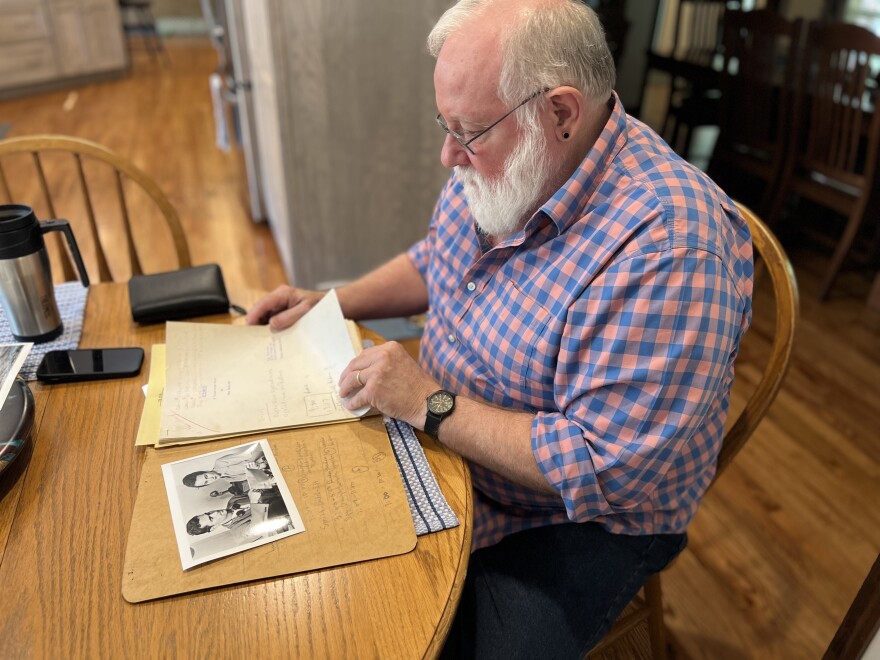Picture this, if you will, a young man from Binghamton, New York marches off to war. He enlists as a paratrooper in WWII. He leaves the conflict with psychological scars that time will not erase.
What follows isn’t an episode out of “The Twilight Zone”, but the origin of the man who dreamed it up: Rod Serling.
“He doesn't know what to do. He's still a kid really,” said Mark Dawidziak, author of “Everything I Need to Know I Learned in the Twilight Zone.” “So he comes back to the United States and he heads for Ohio.”
Serling follows his older brother to Antioch College in Yellow Springs, where he plans to study physical education. But, like every great Twilight Zone episode, there's a twist.
“This is where he discovers writing and this is where he discovers that he is a writer. That's what makes Ohio holy ground to us,” Dawidziak said.
Serling's start in Cincinnati
Before he would become the iconic creator and narrator of one of television’s most enduring series, Serling first cut his teeth in Cincinnati. While he was a staff writer at radio station WLW, he secretly freelanced scripts for their rival, WKRC-TV.
University of Cincinnati media professor Michael Sanders collects his work from this time, including around 40 episodes of a live drama called “The Storm”. Sanders sees the anthology as a precursor to his national success.
“One [episode of ‘The Storm’] in particular became the pilot for ‘The Twilight Zone,’” he said.

In 1954, Serling took what he learned in Cincinnati to the east coast. He moved to Connecticut to be closer to New York, the center of television at the time, so he could create the surreal series that launched him to national fame.
Even after just 8 years in the state, Sanders said Ohio stayed with him.
“Much of what he brought to writing in terms of content and in terms of basic themes, I think they have their origin in life in the Midwest with solid people who try to live a good life,” Sanders said. “There's a moral to the stories that we tell each other. And I think that comes from having lived here.”
‘A moralist in disguise’
In ‘The Twilight Zone’, Serling told the stories of ordinary people in extraordinary or unsettling situations. He managed to tackle controversial topics and sneak in lessons of morality, behind the guise of science fiction and fantasy.
“He basically later said that an alien can say something that a Democrat and Republican can't say,” Dawidziak said.

Eventually, Serling found his way back to Ohio for a brief time to teach media at Antioch College. His daughter Anne Serling said he wanted to give back to the place that helped him navigate his trauma from the war.
“Antioch gave him focus, Antioch gave him hope,” she said. “An old producer on ‘The Twilight Zone,' Buck Houghton, said he thought my father turned to writing to regain his affection for humanity.”
Serling died at the age of 50 in 1975. This week, his alma mater unveiled a historical marker dedicated to his contributions – something Anne said her father never expected.
“He didn't think his writing would stand the test of time. He said, ‘Writing, like good wine, has to age well,' and [he thought] his stuff was momentarily adequate. So he would be floored that he's been remembered and remembered so fondly.”
Serling saw the Twilight Zone as a door, unlocked by imagination. Ohio was the place where he first stepped through.


